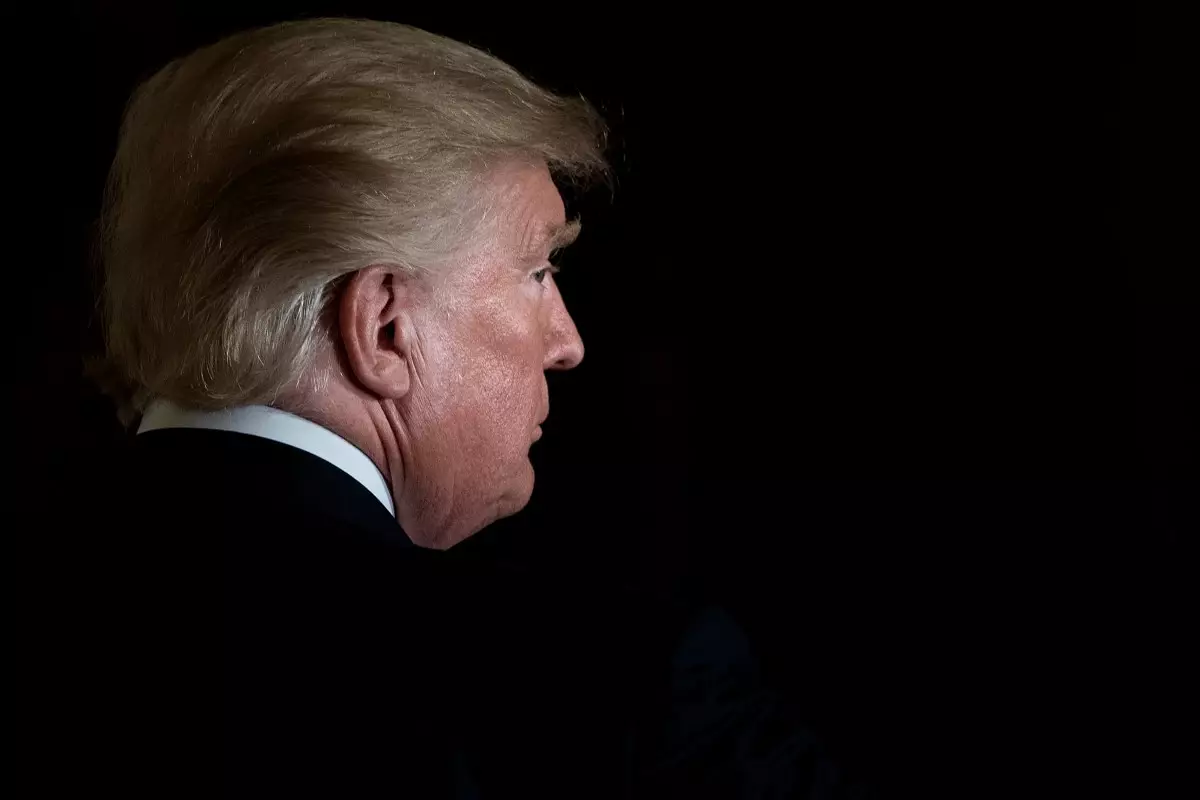The recent firing of Shira Perlmutter from her position as the head of the U.S. Copyright Office by President Donald Trump has stirred significant debate, highlighting the intricate relationship between politics, technology, and intellectual property rights. As reported by various news outlets, including CBS News and Politico, this unexpected decision appears more than just an administrative reshuffle. It raises eyebrows due to the timing of Perlmutter’s dismissal—just a day after she rejected requests from influential figures in the technology sector, notably Elon Musk, to expand the scope of copyrighted content for artificial intelligence (AI) development. This situation paints a vivid picture of how corporate interests and government actions can collide, leaving creators in a precarious position.
The Repercussions of Dismissal
Representative Joe Morelle characterized Trump’s decision as a “brazen, unprecedented power grab.” Such language suggests that the firing reflects a troubling trend towards politicizing federal agencies, isolating their functions from the very legal frameworks that guide them. It appears that the Copyright Office, under Perlmutter’s leadership, was aimed at balancing the needs and rights of copyright holders against the rapid advancements in AI technology. Her unwillingness to warm up to Musk’s proposals speaks volumes about the tensions that have begun to surface between the technological elite and traditional notions of copyright.
In the broader context, this incident highlights a disconcerting reality: the systems set in place to protect intellectual property can sometimes be viewed as obstacles by those in the tech industry. The implications of this firing not only unsettle existing copyright laws but also threaten to set a dangerous precedent. Although some might argue that such actions are necessary for evolving regulatory frameworks, they risk undermining the very foundation of copyright that supports artists, musicians, and writers.
The Role of AI Ethics
As the U.S. Copyright Office delivered a pre-publication report that addresses copyright implications for AI training, it is essential to note the contradictions that come into play. Companies like OpenAI, which benefit from vast libraries of copyrighted content, argue for expansive interpretations of “fair use.” However, the report highlighted limitations on this defense, stressing that liberally mining copyrighted content may cross legal boundaries. This juxtaposition lays bare a significant ethical dilemma: How far should companies go in their pursuit of innovation at the expense of creators’ rights?
The report’s stance suggests a need for evolving licensing markets, emphasizing the importance for AI companies to compensate copyright holders fairly. Yet, initiatives like these are often debated within the industry, raising questions about whether equal opportunities can exist amidst profit-driven motives. Furthermore, Musk, who appeared to align with the tech industry’s accompanying benefits, is now at the center of contentious accusations regarding the appropriation of creative work for profit.
The Future of Copyright in the AI Era
With current lawsuits accusing AI companies of copyright infringement, the realm of intellectual property is slowly becoming a battlefield over how technology evolves. OpenAI’s call for government intervention to clarify these issues seems ironic, especially in light of Trump’s dismissal of Perlmutter, who had taken a firm stance against unrestricted access to copyrighted material. The disarray in regulatory frameworks feeds directly into the ongoing discussions about collective licensing and how best to navigate the complexities surrounding AI and copyright.
Critics point towards the chilling effect that Trump’s actions herald: a potential derailment of the carefully developed guidelines that safeguard creators while also fostering innovation. For many, Perlmutter’s departure represents a larger worry about the integrity of copyright protections under increased political pressure, especially from prominent figures invested in technology’s limitless potential. The ramifications of this conflict could significantly reshape the landscape in which content creators operate—an outcome that could either usher in a new era of collaboration or lead to rampant exploitation.
Through these unfolding events, it becomes increasingly clear that the conversation surrounding AI, copyright, and government intervention is far from resolved. As we navigate these tumultuous waters, it’s crucial to advocate for balanced perspectives that honor both creativity and technological advancement. The path forward will undoubtedly demand vigilance and a willingness to engage with evolving paradigms of thought regarding ownership and rights in a digital age.

